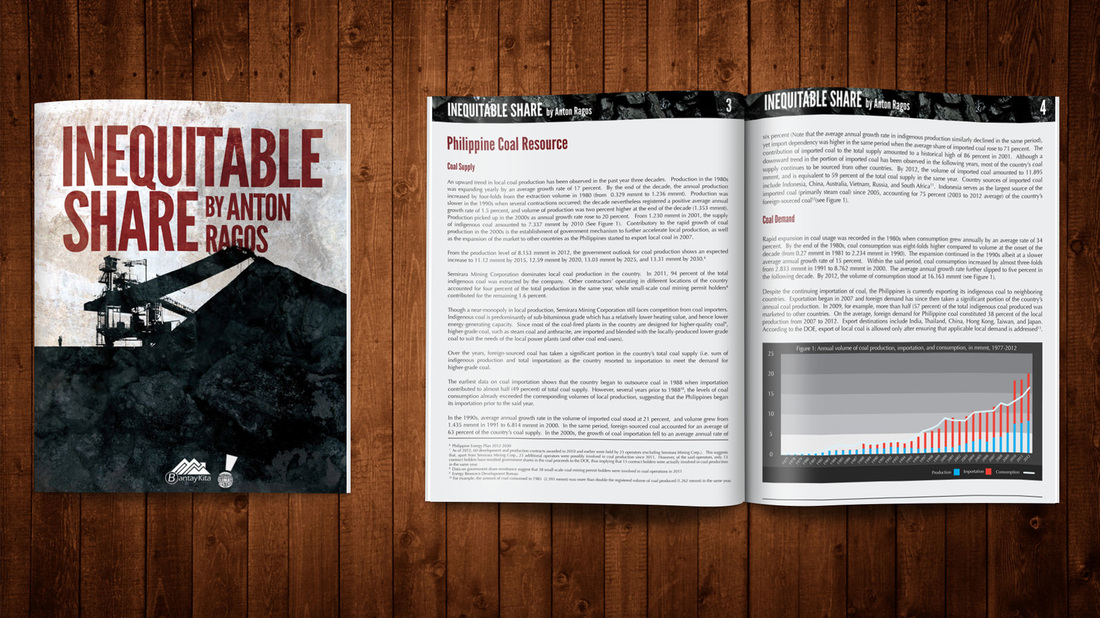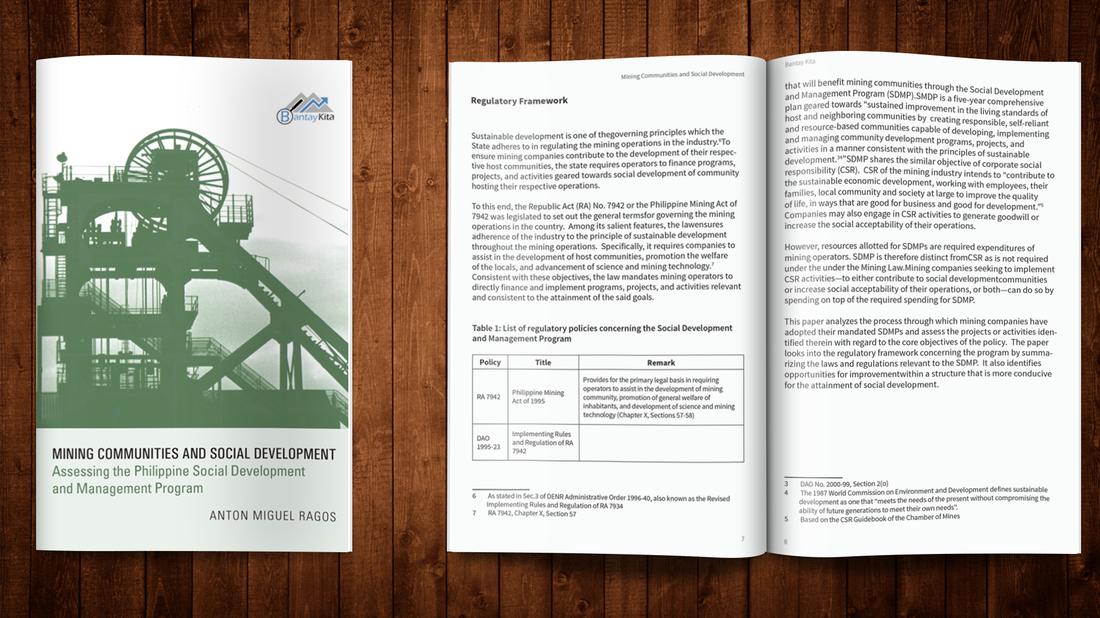Excerpt:Coal is an important resource and serves as one of the most significant energy sources of the Philippines. With the country possessing a vast amount of untapped coal reserves, coal can help address the increasing demand for electricity in the country. As an industry, coal production also can also contribute to the growth of the national economy and expedite the development of local host communities. The use and production of coal, however, has generated concerns, especially and most commonly those relating to the environment and to public health. Harnessing coal’s potential therefore requires achieving a careful balance between the possible costs and benefits of coal production. The coal mining operators, the Philippine government, and the civil society play key roles in attaining the said goal. Nevertheless, these players and stakeholders are limited by the regulatory framework defined by the existing policies governing the industry. In order for each stakeholder to act towards an optimal and equitable outcome, the regulatory environment must be shaped and re-shaped to be made conducive in the attainment of the said objective. This paper analyses the Philippine coal industry, focusing on the coal mining operations in the country. It provides an overview of the Philippine coal market, as well as the regulatory framework in which the industry operates. The paper offers general analysis and broad discussion of several regulatory concerns (e.g. revenue-sharing, environmental regulation, and social development) which call for further scrutiny and public attention. About the Author:Anton Miguel Ragos is a researcher from Action for Economic Reforms, a non-government organization conducting policy analysis and advocacy on key issues of economic reforms and access to information policies. He has written on various fiscal policy issues, particularly on tax policy reforms. He is currently an MA Economics student at the UP School of Economics. Content:
0 Comments
Excerpt:Currently, the state mandates mining operators to actively take part in the development of their respective host communities. Mining operators in the country are required to directly spend for and implement programs that will benefit mining communities through the Social Development and Management Program (SDMP).SMDP is a five-year comprehensive plan geared towards “sustained improvement in the living standards of host and neighboring communities by creating responsible, self-reliant and resource-based communities capable of developing, implementing and managing community development programs, projects, and activities in a manner consistent with the principles of sustainable development.34”SDMP shares the similar objective of corporate social responsibility (CSR). CSR of the mining industry intends to “contribute to the sustainable economic development, working with employees, their families, local community and society at large to improve the quality of life, in ways that are good for business and good for development.” Companies may also engage in CSR activities to generate goodwill or increase the social acceptability of their operations. About the author:Anton Miguel Ragos is a researcher from Action for Economic Reforms, a non-government organization conducting policy analysis and advocacy on key issues of economic reforms and access to information policies. He has written on various fiscal policy issues, particularly on tax policy reforms. He is currently an MA Economics student at the UP School of Economics. Contents
Type
|
||||||||||||
What We Do |
Know More |
About Us |
Contact Us
[email protected] | +(63) 917 5105 879 1402 West Trade Building, West Avenue, Brgy. Phil-Am, Quezon City, Philippines |


